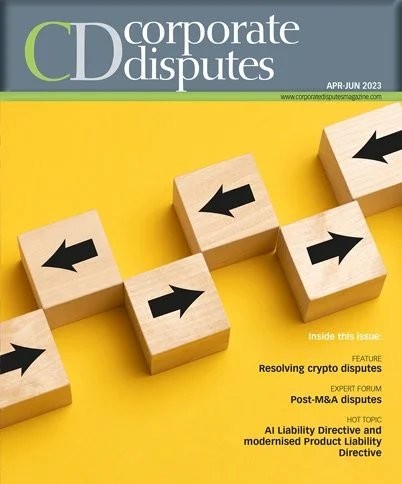PROTECTING SENSITIVE DOCUMENTS: THE USES AND LIMITS OF LEGAL PROFESSIONAL PRIVILEGE
Legal professional privilege can be a powerful tool to protect sensitive documents from disclosure to an adversary in litigation or to an investigating regulatory authority, even where the documents are highly relevant to the issues in question. Parties need, however, always to be aware that privilege may be lost or indeed never apply to a document despite the involvement of lawyers in its creation.
As well as outlining the fundamentals of legal professional privilege, this article highlights some practicalities and potential pitfalls to avoid when dealing with potentially privileged documents.
In what circumstances will legal professional privilege apply?
There are two primary subcategories of legal professional privilege: legal advice privilege and litigation privilege. Common to both legal advice privilege and litigation privilege is a core requirement of confidentiality, but there are important differences in their scope and applicability. Legal advice privilege covers confidential communications between a client and its lawyer made for the dominant purpose of giving or obtaining legal advice.
Breaking this definition down, a key point to note is that legal advice privilege only applies to client-lawyer communications and does not extend to communications with third parties. Furthermore, English courts have made clear that, for corporate entities, the term ‘client’ should be construed narrowly to mean only those employees or representatives who are authorised to seek and receive legal advice from the lawyer.
As a result, communications between a company’s lawyers and its ‘non-client’ employees will generally constitute communications with third parties that are not protected by legal advice privilege.

